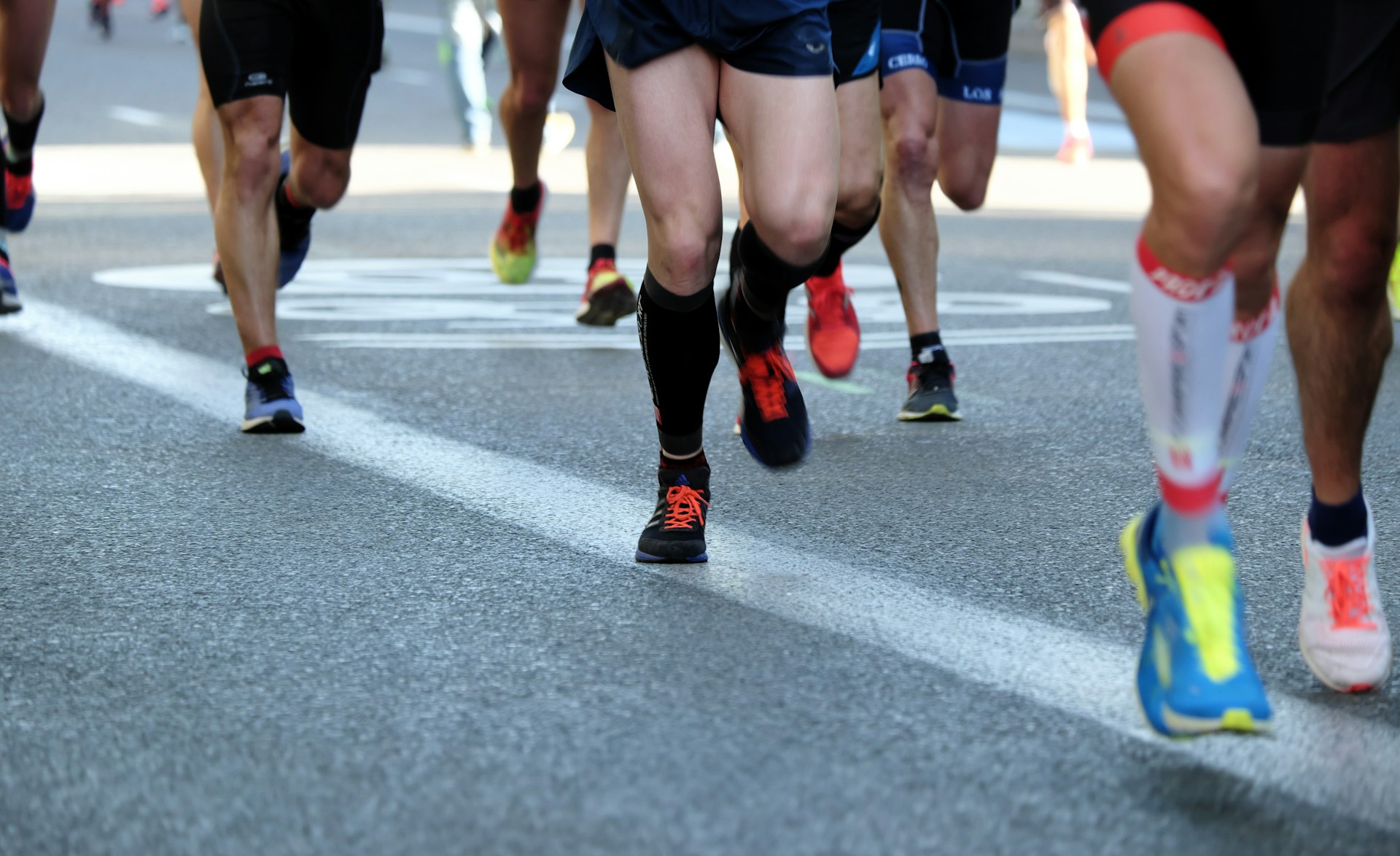Introduction
Running is a physically demanding activity that requires not only mental toughness but also the right fuel to sustain your body. Whether you’re training for a marathon or just enjoying regular jogs, maintaining a healthy diet for runners is essential for peak performance and recovery. The right nutrients can keep your energy levels high, support muscle repair, and enhance endurance. In this blog, we’ll explore how runners can craft a diet that fuels their workouts and keeps them healthy.
What are the essential nutrients for runners?
For runners, carbohydrates, proteins, and healthy fats are crucial. Carbohydrates provide the energy needed for running, proteins aid in muscle recovery, and healthy fats support long-lasting energy. Vitamins and minerals such as calcium, magnesium, and iron are also vital for bone health, muscle function, and oxygen delivery.
How important is hydration for runners?
Hydration is critical for runners. Staying hydrated helps regulate body temperature, lubricate joints, and prevent muscle cramps. Dehydration can significantly impact performance and recovery, so it’s essential to drink water before, during, and after your runs.
1. Carbohydrates: The Primary Energy Source
Carbohydrates are the most important component of a healthy diet for runners. They serve as the primary fuel for endurance activities. Runners should focus on consuming complex carbs such as whole grains, brown rice, quinoa, and oats. These provide a slow release of energy, ensuring that your body remains fueled during long runs. Simple carbs like fruits can be a great pre-run snack, giving you an immediate energy boost.
2. Protein for Muscle Recovery
After a run, your muscles need to repair and rebuild. Protein is crucial for this process. Including lean proteins like chicken, fish, tofu, beans, and eggs in your post-run meals will help repair muscle fibers, reduce soreness, and promote faster recovery. Aim to consume protein within 30 minutes to two hours after your run for optimal muscle repair.
3. Healthy Fats for Sustained Energy
Healthy fats may not be the primary energy source for runners, but they provide long-lasting fuel, especially for ultra runners or those training for longer distances. Include sources of healthy fats like avocados, nuts, seeds, and olive oil in your meals to keep your body energized for extended runs. These fats also support overall heart health and reduce inflammation.
4. Vitamins and Minerals: Supporting Overall Health
Runners need to pay attention to specific vitamins and minerals that support bone health, muscle function, and oxygen circulation. Calcium (from dairy, leafy greens) and vitamin D are essential for strong bones. Magnesium (from nuts, seeds) helps with muscle relaxation and preventing cramps. Iron (from leafy greens, lean meats) is important for oxygen delivery to muscles, preventing fatigue.
5. Hydration: More Than Just Water
Staying hydrated isn’t only about drinking water. For long runs, especially in hot weather, runners lose electrolytes through sweat. These electrolytes—mainly sodium, potassium, and magnesium—are crucial for preventing cramps and maintaining proper muscle function. Sports drinks or electrolyte supplements can help replenish these vital minerals during or after long runs.
Should runners eat before or after running?
It depends on the run. For shorter runs, a light pre-run snack like a banana or energy bar can provide a quick energy boost. For longer runs, it’s essential to have a well-balanced meal with carbs and protein a few hours beforehand. Post-run meals are equally important to replenish lost nutrients and aid recovery.
Final Thoughts
A healthy diet for runners isn’t just about what you eat—it’s about when and how you fuel your body. By focusing on the right mix of carbs, proteins, healthy fats, and hydration, you’ll support both your performance and recovery. Remember that every runner is different, so it’s essential to listen to your body’s needs and adjust your diet accordingly. Whether you’re a beginner or seasoned marathoner, the right nutrition will help you run stronger, longer, and healthier.

